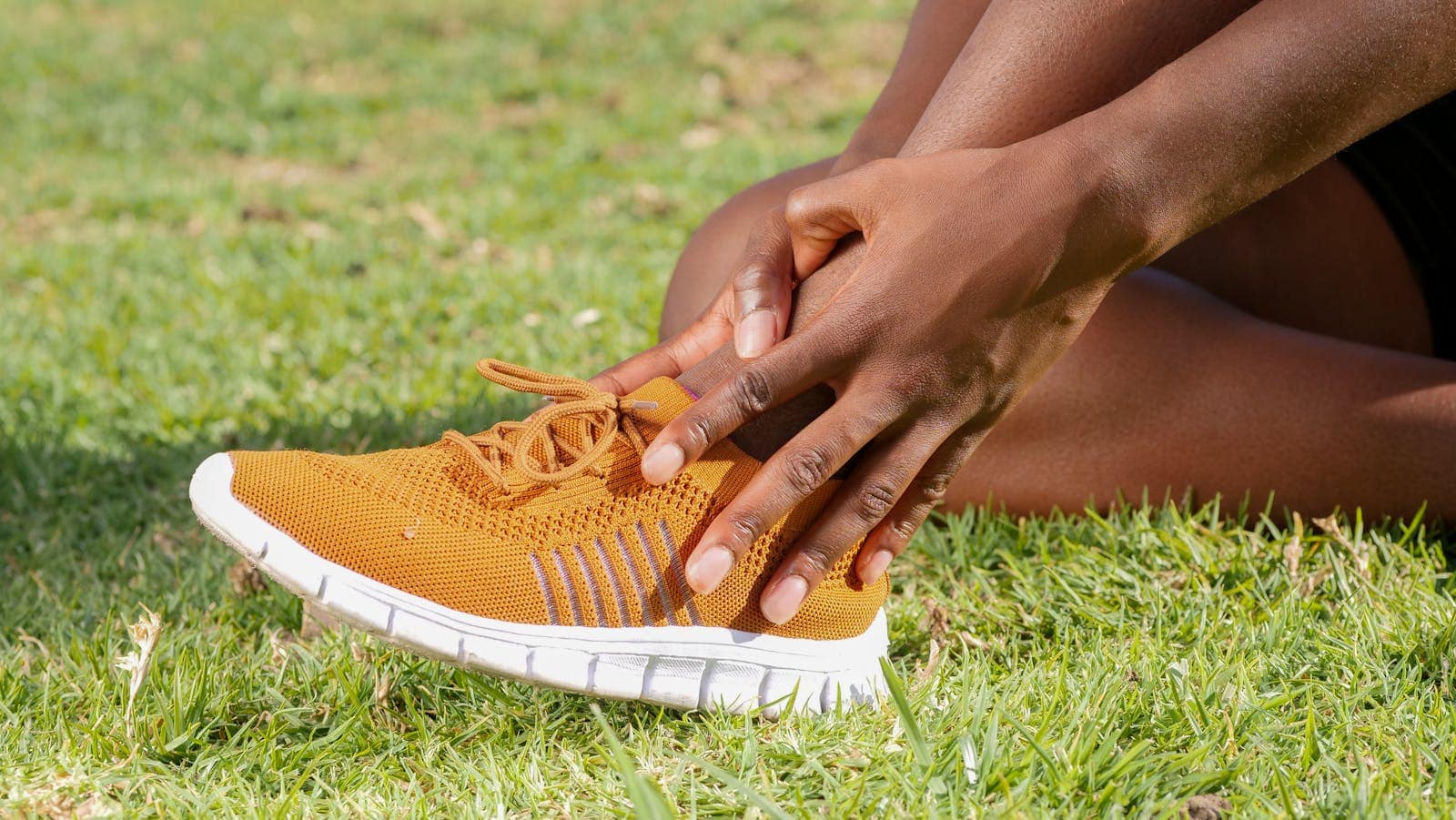Tendinopathy, a common cause of chronic pain, has been linked to repetitive energy storage and release with excessive compression. The exact factors contributing to this condition remain unclear, as they can vary from person to person. Both extrinsic and intrinsic components, such as an individual’s biomechanics, body composition, age, and gender, play a role in the development of tendinopathy.
While previous theories suggested that tendinopathy develops through inflammation caused by collagen fiber separation and degeneration due to repetitive overload and microtrauma, recent studies have shown that chronic Achilles tendon pain often lacks evidence of inflammation. This finding has led researchers to explore alternative treatment options, such as orthobiologics, which have shown promise in addressing the root cause of tendinopathy.
Orthobiologics, such as platelet-rich plasma (PRP), have emerged as a potential solution for treating tendinopathy. PRP is a concentrated source of growth factors and other bioactive molecules derived from a patient’s blood. When injected into the affected tendon, PRP can stimulate the healing process by promoting the regeneration of damaged tissue and reducing pain.
The use of PRP in treating tendinopathy has gained traction in recent years due to its minimally invasive nature and potential to accelerate the healing process. Unlike traditional treatments focusing on symptom management, PRP targets the underlying cause of tendinopathy by promoting the body’s natural healing mechanisms. This approach offers hope for patients who have struggled to find relief through conventional therapies.
However, as with any emerging treatment, more research is needed to fully understand PRP’s efficacy and long-term effects in treating tendinopathy. While early studies have shown promising results, larger, well-designed clinical trials are necessary to establish clear guidelines for its use. Standardizing PRP preparation and administration techniques is crucial to ensure consistent outcomes and patient safety.
As the field of orthobiologics continues to evolve, healthcare providers need to stay informed about the latest advancements and carefully consider the potential benefits and risks for each patient. By working together, researchers, clinicians, and patients can unlock the full potential of orthobiologics, like PRP, in treating tendinopathy and improving the quality of life for those suffering from chronic pain.
At Columbia Pain Management, we are committed to staying at the forefront of innovative treatments for tendinopathy and other musculoskeletal conditions. Our team of experts provides personalized care and guides you through the latest treatment options, including orthobiologics like PRP. If you are struggling with chronic tendon pain, we are here to help. Contact us today at 503-654-5636 or 541-205-0173 to schedule a consultation and take the first step towards finding relief and reclaiming your active lifestyle.

